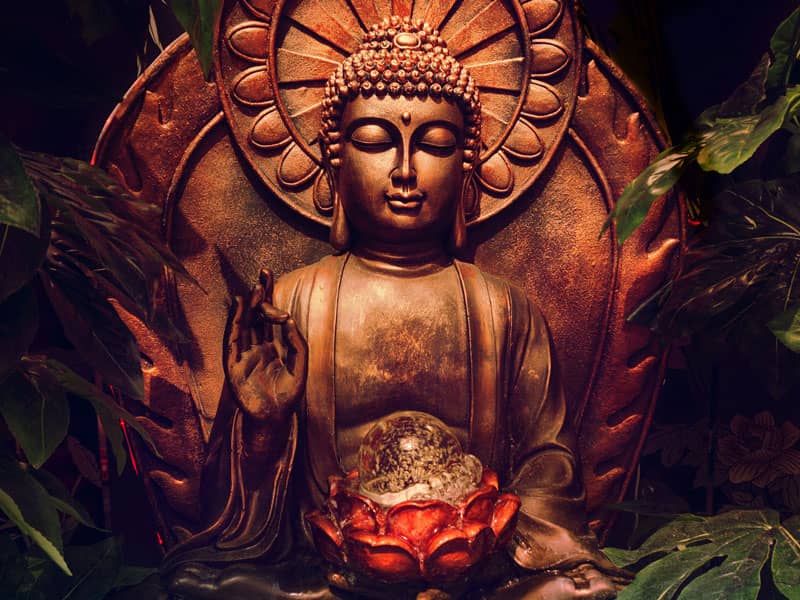It is rare, however, to hear a woman's account, and rarer still to find an exile's story like "Sorrow Mountain: The Journey of a Tibetan Warrior Nun" (Kodansha America, 324 pp.), which is told with the detail and nuance, if not the stylistic intimacy, of a novel. The storyteller Ani Pachen, a Buddhist nun who was once the leader of a bona fide tribe of warriors, a Tibetan freedom fighter and throughout, a Buddhist of unshakeable conviction. Her odyssey, as told to Adelaide Donnelley, ranges from the splendors of old Tibet to the cruel reality of occupation, and shines with an unwavering glimmer of hope.
The daughter of a powerful local chieftain in Kham, in the great, wild expanses of eastern Tibet, Ani Pachen rode horses and learned to shoot from an early age, camped with nomadic herders in the summer, and lived in a household where every day, hundreds of guests gathered, waiting for their disputes to be settled by her father. Pachen exhibited a special spiritual sensitivity and studied the Buddha's teachings with such ardor that when her father arranged her marriage, to the son of an allied chieftain, she ran away from home rather than risk losing a chance to be ordained and devote her life to practicing the Dharma. "Marriage is suffering," a devout aunt told her. "The path is full of sorrow."
But Pachen came to know suffering of a different order. In the late 1950s, soon after her 21st birthday, the Chinese invasion thundered through her country and breathless messengers reported humiliations, beatings, work camps, and the bombing of monasteries. When Pachen's father died (of a heart "broken" for Tibet), leaving her in charge of the family and the freedom fighters he commanded, she became overnight one of the few female leaders of the resistance movement. Within the year, though, she, her family, and hundreds of her kinsmen and neighbors were captured and imprisoned.
Pachen spent the next 21 years in Chinese work camps, enduring relentless torture, forced labor, and near starvation. But her familial legacy of grit and defiance, and her fierce devotion kept her alive. Faced with nine months in solitary confinement, locked in a dugout the size of a coffin, she dedicated herself to completing 100,000 prostrations. Ultimately, she escaped to India, where she met the Dalai Lama, whose image had sustained her in her darkest moments.
Some of the book's most evocative passages are not descriptions of Pachen's years in prison (where almost daily struggle sessions "left the floor black with my hair"), or of her harrowing escape, in tattered cloth shoes, over the Himalayas to India, but of her early life as a young chieftainess, when Tibet was still shut off from the rest of the world. As the Chinese moved into Tibet, Pachen sees flying overhead a "machine with wings like a bird, that filled the air with thunder." The first electric light she sees is a bare bulb hanging from the ceiling of an interrogation room.

